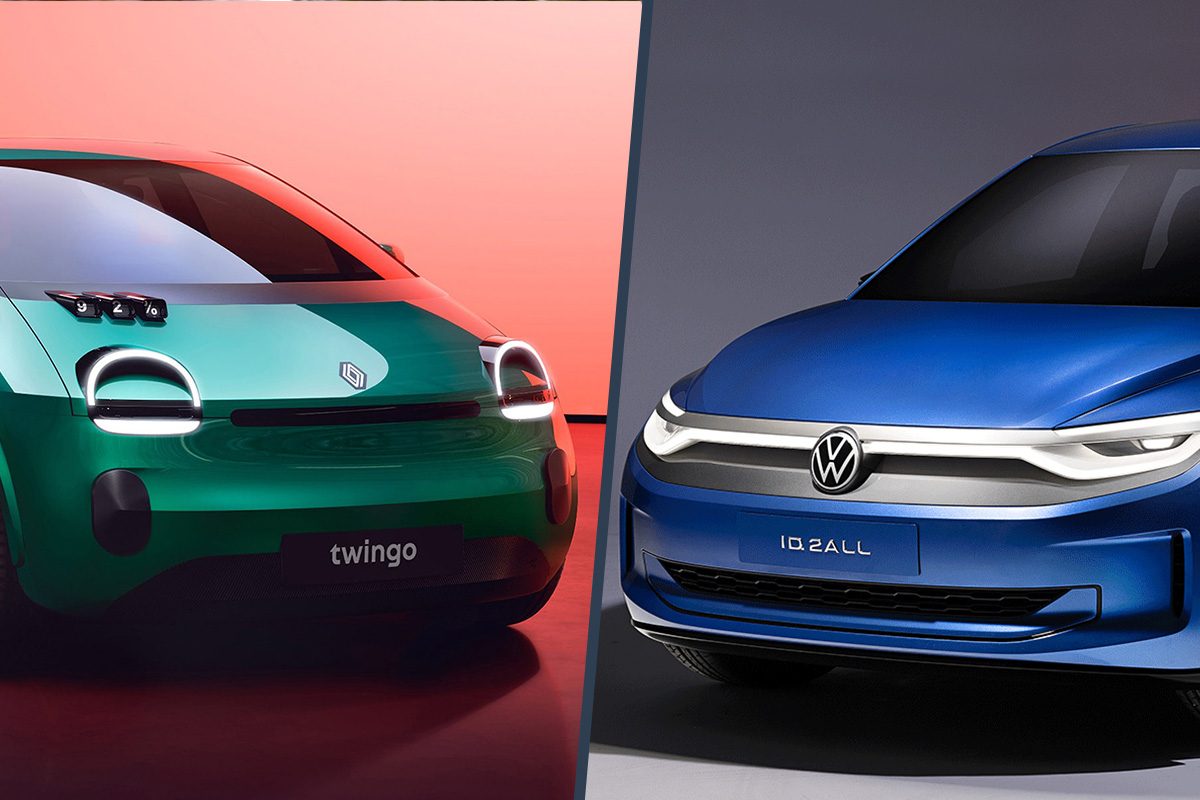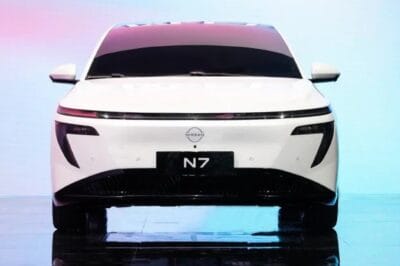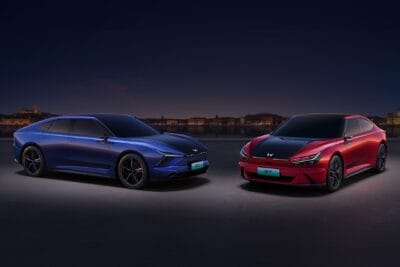VW considers cooperation with Renault for small electric cars
Several people familiar with the matter told the German publication Handelsblatt that costs were to be reduced through joint development and production. Initial talks have already taken place with Renault. However, the negotiations are still “at a very early stage”.
The logic is clear: if several models (even across Group boundaries) utilise the technology, the unit numbers increase and the costs in development and production can be reduced. If both sides agree to cooperate, they would aim for a combined annual production of 200,000 to 250,000 vehicles, writes the Handelsblatt newspaper, citing a person familiar with the matter.
First reports of Renault cooperation with Smart
VW and Renault did not wish to comment on the information, but have not yet denied it. When the French portal L’Argus wrote at the end of November that Renault was considering a cooperation with Smart for its upcoming Twingo Electric for under 20,000 euros, the French company denied this.
A collaboration between VW and Renault for the low-cost small electric cars could make perfect sense. Renault has also already indicated that it will not be able to achieve the price target on its own. “Talks are underway with partner manufacturers about cost sharing,” Renault boss Luca de Meo was quoted as saying. There is also a connection between de Meo and Wolfsburg: de Meo was Head of Sales at Audi, already sat on the brand board at VW and was Head of Seat before moving to Renault.
Both groups still want to manage the electric cars at a base price of 25,000 euros on their own, such as the VW ID.2 with its Group offshoot and, in the case of Renault, the fully electric Renault 5. However, the tenor is that the step towards being able to offer an electric car for less than 20,000 euros will probably require cooperation agreements. According to information from VW Group circles, the “profitability of the small car project” would be “difficult to achieve without partners”, according to the Handelsblatt.
The technology on which the small electric cars are to be based is only mentioned in one sentence in the article: “According to insiders, VW is said to be interested in Twingo technology.” For the ID.2 and its offshoots, VW wants to use a simplified version of the MEB, sometimes called “MEB Entry” or “MEB Small”. If VW is interested in the French company’s platform, this could mean that it believes that its own platform (which has already been slimmed down for the €25,000 electric car) could not be pushed down in price any further – at least not with the desired effort.
When Renault presented the concept of an electric Twingo with a retro design in mid-November and announced the market launch for 2025, no details were given about the technology. In the announcement on the capital market day of Renault’s new electric car division Ampere, only the well-known AmpR Small (formerly CMF-BEV) and AmpR Medium (formerly CMF-EV) platforms were mentioned – but no further platform for emphatically low-cost electric cars. The conclusion is therefore that the Twingo will use the AmpR Small – possibly with an inexpensive LFP battery, as even the R5 for 25,000 euros will use NCM cell chemistry. However, this has not been confirmed.





0 Comments